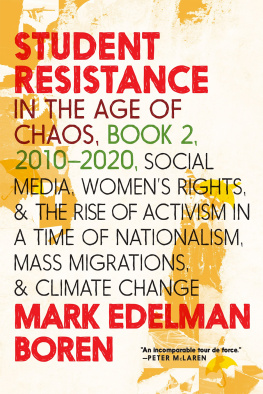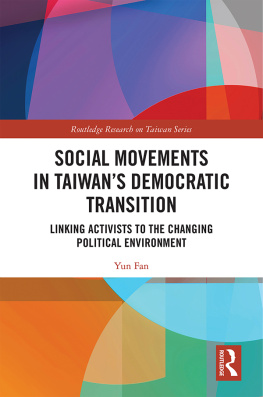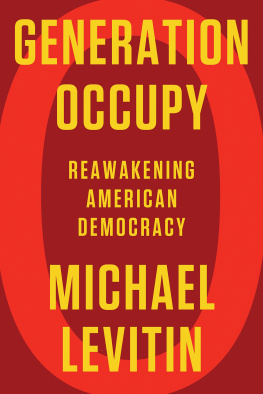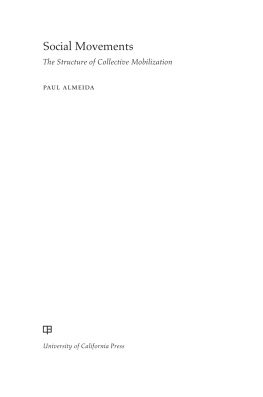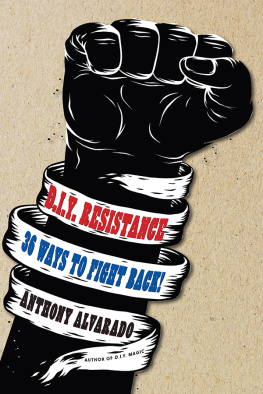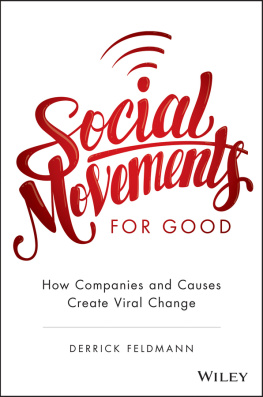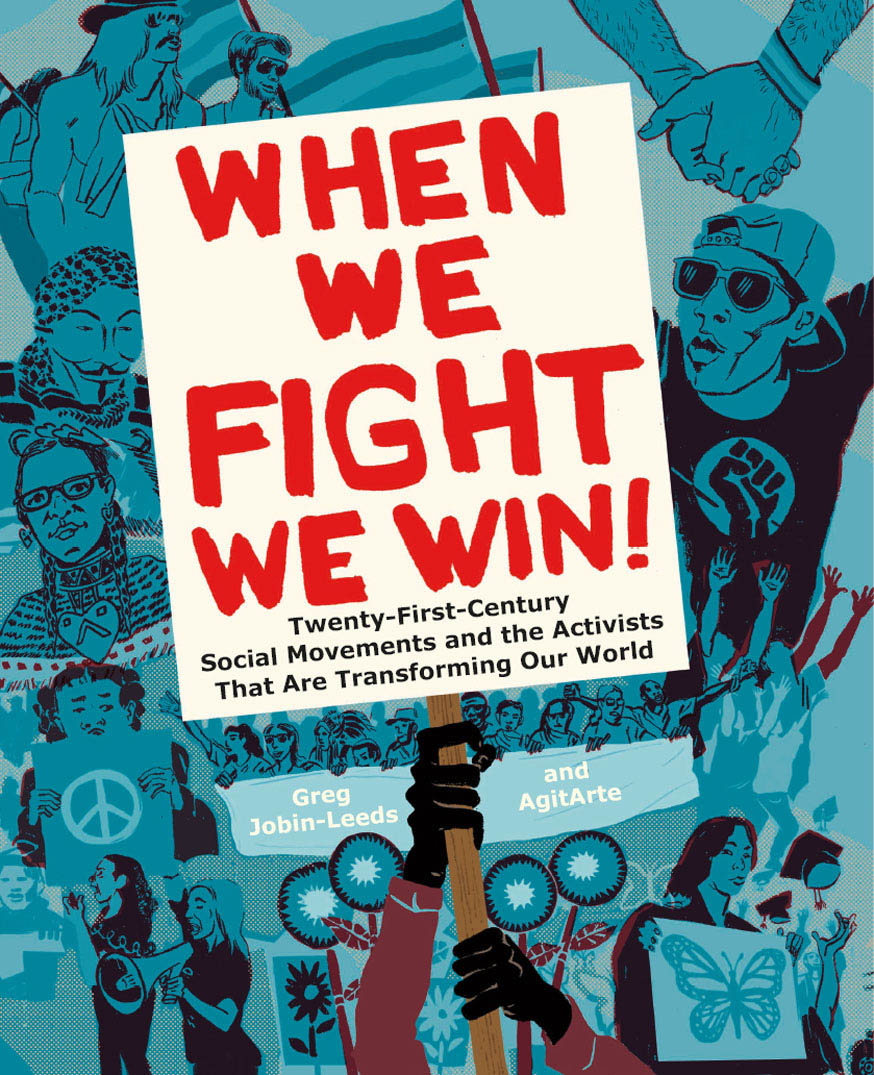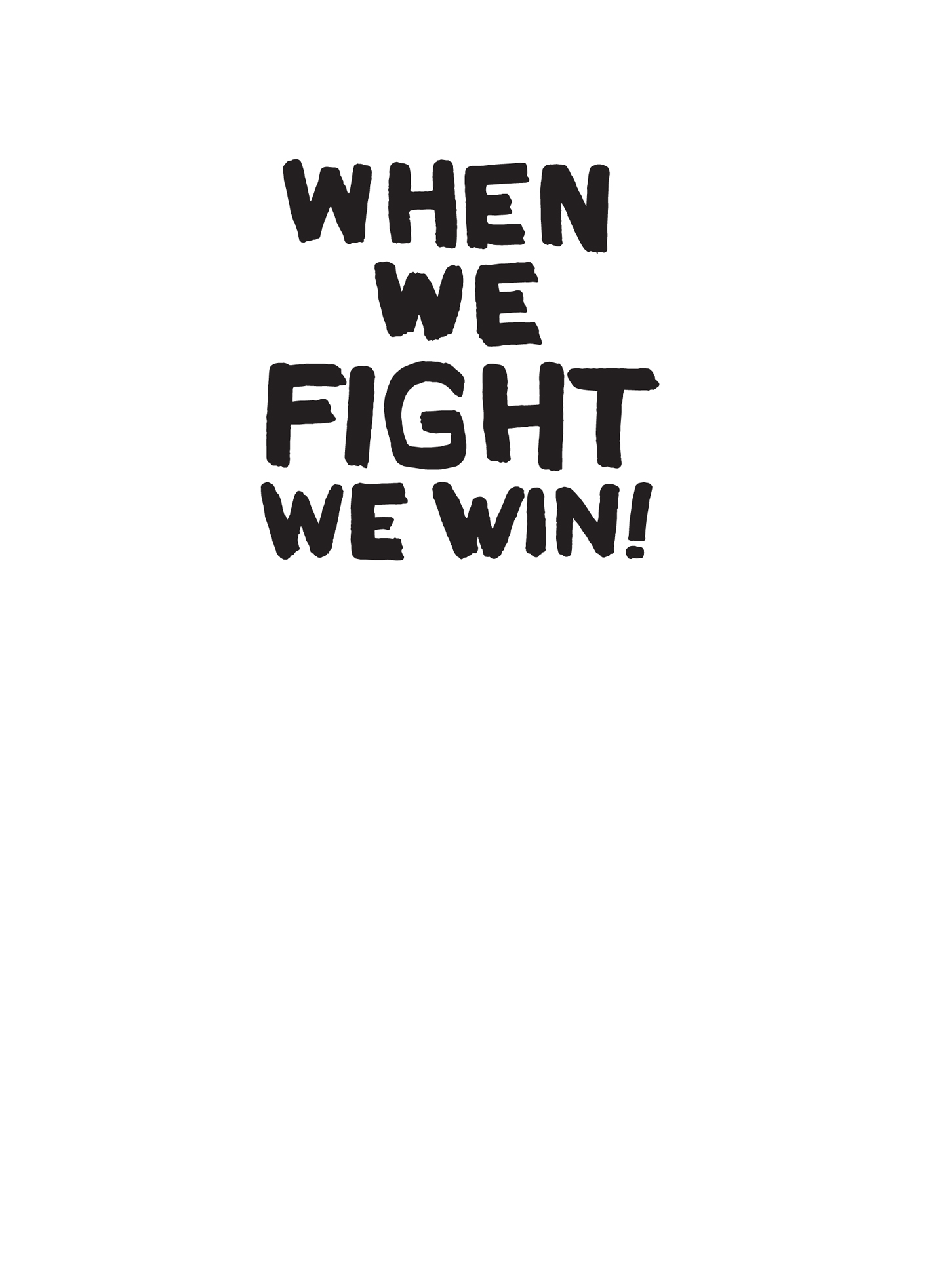

2016 by Greg Jobin-Leeds
Foreword 2016 by Rinku Sen
Afterword 2016 by Antonia Darder
All rights reserved.
No part of this book may be reproduced, in any form, without written permission from the publisher.
Hard Time Out by David Goodman () was previously published in Mother Jones, August 2008.
Reprinted by permission of the author.
Photographs on by Osvaldo Budet
Requests for permission to reproduce selections from this book should be mailed to: Permissions Department, The New Press, 120 Wall Street, 31st floor, New York, NY 10005.
Published in the United States by
The New Press, New York, 2016
Distributed by Perseus Distribution
LIBRARY OF CONGRESS CATALOGING-IN-PUBLICATION DATA
Jobin-Leeds, Greg, author.
When we fight, we win!: twenty-first-century social movements and the activists that are transforming our world/Greg Jobin-Leeds, pages cm
Includes bibliographical references and index.
ISBN 978-1-62097-140-6 (e-book) 1. Social reformers--United States. 2. Political activists--United States. 3. Social action--United States--History--21st century. 4. Social movements--United States--History--21st century. I. Title.
HN59.2.J625 2016
303.4840973--dc23
2015022368
The New Press publishes books that promote and enrich public discussion and understanding of the issues vital to our democracy and to a more equitable world. These books are made possible by the enthusiasm of our readers; the support of a committed group of donors, large and small; the collaboration of our many partners in the independent media and the not-for-profit sector; booksellers, who often hand-sell New Press books; librarians; and above all by our authors.
www.thenewpress.com
Book design by AgitArte
Printed in the United States of America
10 9 8 7 6 5 4 3 2 1
To all the activists and artists in this book, and my parents, Lilo Leeds and Gerry Leeds (19222014), for showing us how to fight for what we love, and, no matter how dark the times, how to win our humanity
Radicals are in many ways social artists. They restate the hidden truths of society through working with people and social movements.... They teach people to see with a fresh vision... laying bare the full absurdities of treasured hypocrisies.
Judith Nies, author of Nine Women: Portraits from the American Radical Tradition
If there is no struggle, there is no progress. Those who profess to favor freedom, and yet deprecate agitation, are men who want crops without plowing up the ground. They want rain without thunder and lightning. They want the ocean without the awful roar of its many waters.... Power concedes nothing without a demand. It never did and it never will.
Frederick Douglass, author and slavery abolitionist, 1857
Table of Contents
Guide
CONTENTS

BY RINKU SEN
BY ANTONIA DARDER
BY AGITARTE

RINKU SEN
By the time I discovered racial justice organizing at the age of seventeen, the social movements of the 1960s had waned. Sit-ins and protests had given way to the work that comes after victory: implementing the many changes brought into being by the civil rights, black power, womens, and peace movements. My generation was the first to benefit from those changes. Indeed, I owe my very presence in the United States, and thus my identity as an American, to a historic piece of legislation reflecting the anti-discrimination ethos that pushed this country forward in 1965. The civil rights movement and power movements among black, brown, red, and yellow people had successfully asserted equal treatment as an American value. Ive devoted my whole adult life to figuring out how to create social movements of a similar scope and depth.
When I started on this road in the mid-1980s, I didnt realize that a mere twenty years had been more than enough to craft a distorted popular retelling of movement history, and to establish that distortion as fact. The political stories I heard as a child featured deeply misleading lessons about massive social progress sparked by individual acts of heroic resistance. Before I knew better, what people called movements often seemed to have been led by exceptional charismatic men, working in concert with other exceptional charismatic men.
These were fantasy versions of movements, in which the mundane was deleted in favor of the dramatic, and the collective in favor of the individual. Popular movement stories also frequently delete the poor, the female, the queer, and the nonwhite. To get access to the full range of questions and answers, to the reflections that would actually help me act in ways that fostered movement, I had to push past revision to get to reality. I busted through this fiction in no small part by reading books like When We Fight, We Win!
The world and the United States are unquestionably in a turbulent time, as communities rise up to assert their right not only to exist but also to thrive with every expectation of safety and self-determination. In 2014 and 2015, thousands of demonstrators have taken to the streets in Ferguson, Baltimore, and too many other places to count, facing down tear gas and tanks while protesting the systemic inaction that enabled yet another police killing of an unarmed black teenager.
In these pages, we see Native Americans reminding the nation that they are still here and still fighting. We meet people who are stretching and bending the gender binary in ways that make its abolition seem certain. We encounter both the difficulties and the joys of fighting to save humanity by reviving our stewardship of the earth.
In When We Fight, We Win!, contemporary movements become the sources of the lessons I sought as a young organizerlessons that I still seek.
Some of the efforts featured here are so nascent that they have yet to win their ultimate prize. Some of these efforts are pre-movements, still in those years of toiling that create the organizations, the consciousness, and the platform for change that undergirds any successful movement. We dont have comprehensive immigration reform, even after more than a decade of fighting. As a global society, we have not yet committed to the sacrifices required to stop climate change. We still incarcerate people, the vast majority black and Latino, at the highest rates of any industrialized country in the world.
Whether or not we win will be based on many things other than our own strategy and strength. Even strong, huge movements sometimes fail. There is, however, no path to victory without trying.
The real-time lessons of movements, whatever their current shape, are critical if we want more movement. At the cliff edge of history is as good a place as any from which to mine insights that can help all those brave enough to attempt making the kinds of changes that can seem impossible.
This is the true beauty of this book: its offering of movements in progress, long before they are co-opted into the endless narrative of American individualism. The voices of veteran organizers and emerging leaders alike reveal the ingredients that make modern movements inclusive, radical, and effective. These voices can fuel our growing vision, improve our daily practice, and, most important, make us feel hopeful for the future of our world.


